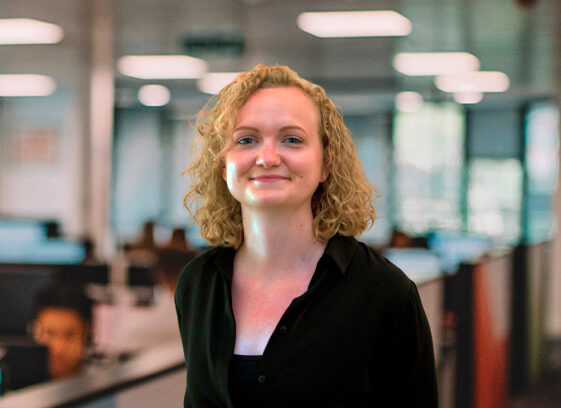At Rockborne our consultants receive market-leading training that teaches them the valuable skills needed to pioneer change in the data and analytics industry. We are teaching them not just how to effectively manage the data process but also how to work successfully as a team. This includes learning best practices within the project process and interpersonal skills.
Our leadership team has a wealth of experience in the Data & Analytics field and have seen many different examples of inefficient and unorganised teamwork throughout their careers. They have seen the detrimental effect this has, both on the individual and the productivity of the team as a whole.
An example of this would be something as innocent as excluding someone from a meeting thinking – “They are so busy that I won’t bother them”, or worse excluding parts of the team due to the idea that – “they will slow us down”, “they aren’t part of my unit”, “I’ll tell them about it later, for now we just need to get on”, “there is no place for them in this opportunity”. While things like this may not have been done in malice, it can open up the possibility of fractured communication leading to confusion and delay further down the line.
A better way to approach this situation in meetings is to add everyone that is critical and needs to be “on the bus” to a clear invite with others who might be potentially relevant as optional. Then lay out the opportunity background thoughtfully with all relevant information and preparation materials carefully so that invitees can personally choose to decline to contribute; contribute remotely or in person; or to suggest a role or an alternative resource that is better suited for the task in hand.
At Rockborne we are teaching our consultants arguably the most effective meeting method, POST. We encourage them to lay out the Purpose, Outcome, Structure and Timings with supporting documentation in one place (the inclusive invite) so that all attendees SHOULD arrive/attend fully prepped and able to contribute knowing how we are planning to structure the session(s) – or have contributed in advance remotely as an input if they cannot attend the actual meeting for any reason.
Not using the POST method can result in situations where the loudest speaker controls the conversation, there is death by PowerPoint and potentially ending up with no room for critical thinking and/or idea generation. Most importantly, without the supplementary materials and information it makes it hard to effectively prepare or think about the topics prior to the meeting, which is not conducive to moving a topic forwards and creating a winning solution or idea.
Instead, a ‘workable solution’ is pushed through that is ill-fitting and will ultimately disappoint users and many others around the table – and those who are away from it.
The moral of this is that it is far better to over communicate and over share so that the whole team can fully understand the aim of your meetings and their place within the discussion. This effective way of thinking is what all of our consultants will be bringing with them when joining their Data & Analytics teams at the end of our program.

